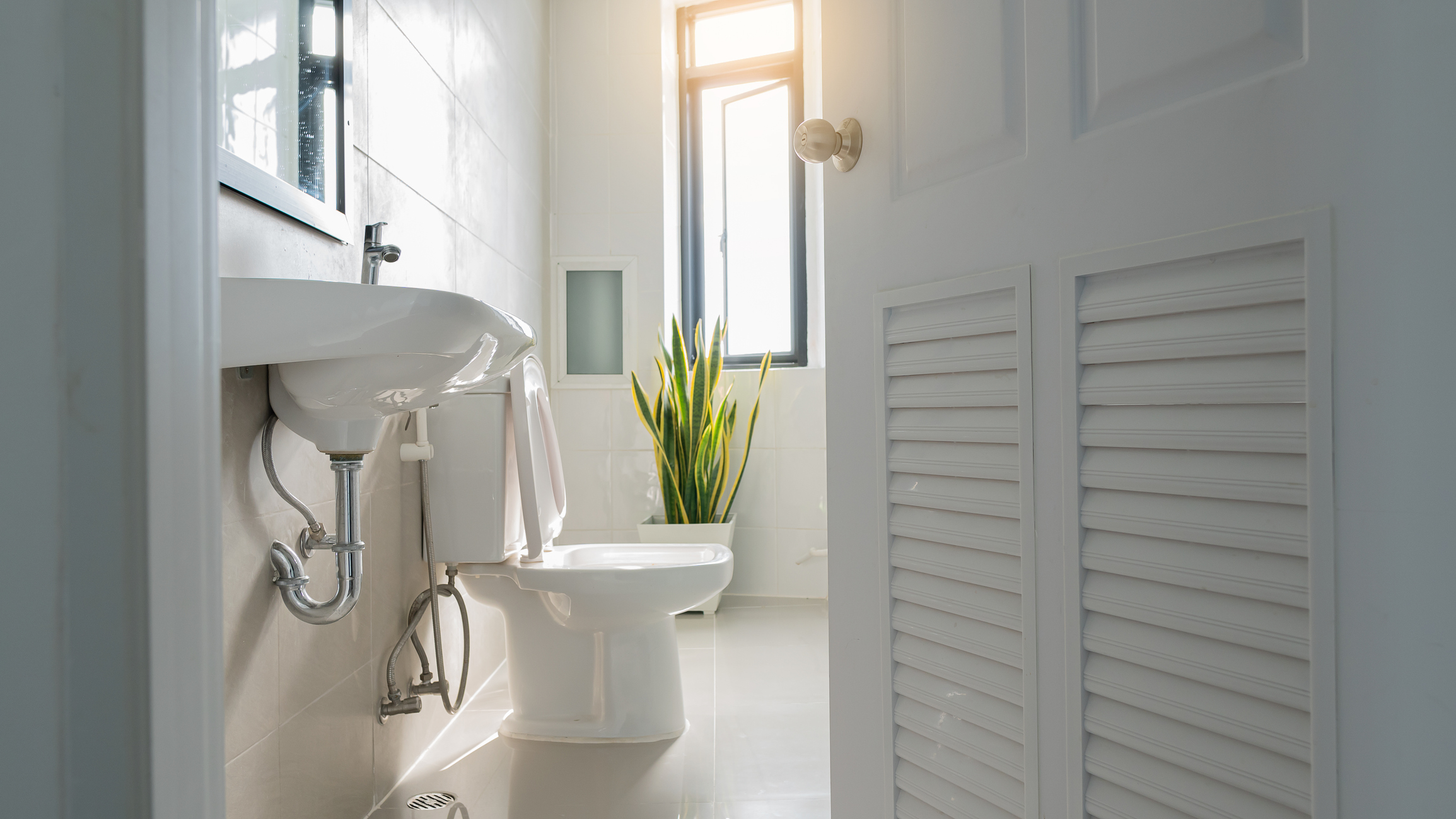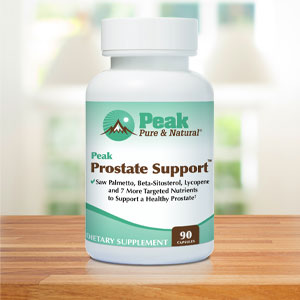Get Easy Health Digest™ in your inbox and don’t miss a thing when you subscribe today. Plus, get the free bonus report, Mother Nature’s Tips, Tricks and Remedies for Cholesterol, Blood Pressure & Blood Sugar as my way of saying welcome to the community!
7 medications that make your bladder work overtime

If you live with urinary incontinence, I don’t have to tell you how inconvenient it is. The mad dash to the bathroom after a long car trip. Waking from a deep sleep with an uncontrollable need to urinate.
Not having control over your bladder is a problem that can come to dominate your life.
Urinary incontinence in women is generally attributed to problems with muscles and nerves in the bladder. For men, the culprit is often prostate-related.
But did you know that the medication you’re taking for a completely unrelated condition could be causing your leaky bladder?
Three types of incontinence
In order to discuss medication-induced incontinence, it’s important to first understand the three basic types of incontinence. They are:
- Stress. This is when urine leaks due to increased abdominal pressure, often brought on by laughing, coughing, sneezing or other physical activity. Stress incontinence occurs mostly in women.
- Urge. The urge to urinate comes on suddenly and strongly, and urine leaks if a bathroom isn’t immediately available. This affects both men and women.
- Overflow. This mainly affects men. It’s caused by an inability to expel urine, resulting in bladder overflow and urine leakage.
Medications that cause incontinence
There are seven classes of commonly prescribed medication that are associated with urinary incontinence
Alpha-adrenergic antagonists are used to treat benign prostatic hyperplasia (BPH), high blood pressure and blood circulation problems. They affect smooth muscle and therefore can weaken the bladder.
Alpha-adrenergic agonists may contract the bladder neck and thus cause overflow incontinence. Clonidine, a drug for hypertension, is a common example of this class of drug.
Antipsychotics that contain phenothiazine inhibit the action of dopamine, disrupting the communication between the brain and the bladder and causing urge incontinence. These drugs are also used to treat anxiety disorders.
Antidepressants. All antidepressants cause urinary retention and overflow incontinence.
Diuretics, also called “water pills,” are a common treatment for high blood pressure. They increase the formation of urine in the kidneys in order to rid the body of salt and water. The need to urinate can be frequent and intense, causing urge incontinence.
Calcium channel blockers lower blood pressure by making the bladder muscle less able to contract, leading to overflow incontinence.
ACE inhibitors are blood pressure meds that tell the kidneys not to hang on to extra fluid. This can cause stress incontinence when the bladder is not able to hold urine during physical movement.
How to improve your urinary health
If you’re using any of these medications that cause incontinence, you can start by talking with the doctor who prescribed it to you, to see whether there are other alternatives, or whether the medication is still really necessary.
And if medication doesn’t seem to be the cause of your incontinence, or if you’re just experiencing the beginnings of increased urge and more frequent nighttime bathroom trips, there are things you can do to improve the health and function of your bladder.
I would suggest you strongly consider these alternative options to any medications your doctor would prescribe for an overactive bladder. That’s because bladder medications come with a list of their own problems, including an increased risk for dementia.
To start with, exercise can help — no side effects, either. Kegel exercise was designed to strengthen your pelvic floor. But that’s not your only option…
These yoga poses can also help get that bladder under control!
A number of natural supplements can also help calm an overactive bladder. Pumpkin seed extract has been tested often in men and phytoestrogens from plants have shown beneficial in both men and women.
There are a variety of probiotics on the market that were designed specifically with urinary tract health in mind, so, if you suffer from incontinence, those may be worth a try.
Editor’s note: There are perfectly safe and natural ways to decrease your risk of blood clots including the 25-cent vitamin, the nutrient that acts as a natural blood thinner and the powerful herb that helps clear plaque. To discover these and other secrets of long-lived hearts, click here for Hushed Up Natural Heart Cures and Common Misconceptions of Popular Heart Treatments!
Sources:
Drug-Induced Urinary Incontinence — U.S. Pharmacist














